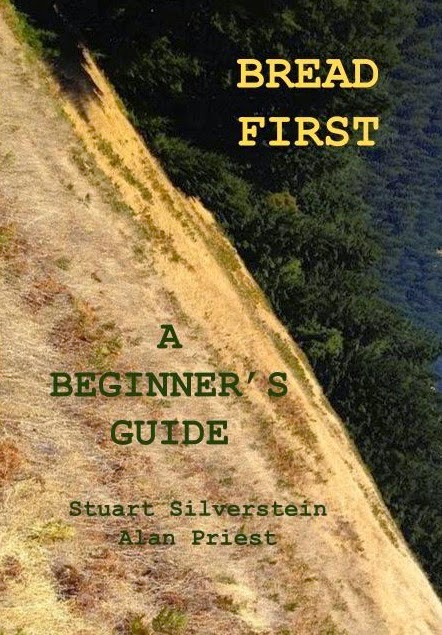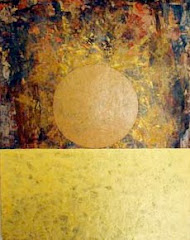A friend recently sent me this article that calls into question the causes of gluten intolerance. The writer stridently maintains that gluten intolerance is caused by the way bread is prepared. I think the article is definitely worth reading. Also called into question is what really constitutes a healthful loaf of bread.
http://nourishedmagazine.com.au/blog/articles/bread-dread-are-you-really-gluten-intolerant
Brown Bread or White Bread
So where do we go from here?
http://nourishedmagazine.com.au/blog/articles/bread-dread-are-you-really-gluten-intolerant
Brown Bread or White Bread
Bread is good for us. It nourishes our bodies as well as our souls. But when we look at nutrition and bread more closely, we discover there is a problem of digestive assimilation associated with bread made with l00% whole wheat flour.
Bran is highly laxative and a useful component in a high-fiber diet, but do all of us actually need more fiber? Just how much is more? And how regular do we really need to be?
Harold McGee, author of On Food And Cooking, tells us that during World War II the government of Dublin, Ireland, put the population on wholegrain bread to improve health. Almost half the children developed rickets because phytic acid in the wheat bran makes calcium unavailable to the body. Wartime rations contained few dairy products, so the action of phytic acid proved catastrophic to the children.
H. E. Jacobs in Six Thousand Years of Bread quotes Antoine Auguste Parmentier (1736-1812), a French army apothecary:
"My own experience of many years and above all the things I have seen in wartime have convinced me that in the plan of this world the husks and woody parts of plants were not intended to form part of our food. And especially these materials, insofar as they occur in grains, were not meant to be included in your bread. The bran, a woody parenchyma, the husk of the grain, is not nutritious precisely because it contains no meal. The art of the miller should consist in removing this husk from the grain--but without pulverizing it so that it can no longer be sifted out. Close grinding is therefore harmful."So where do we go from here?







No comments:
Post a Comment